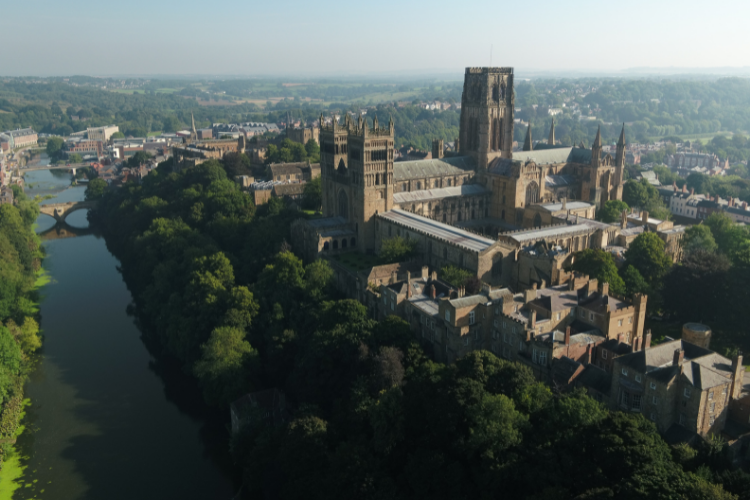Epigraphy and linguistics
Attic Inscriptions in UK Collections
Co-PI: Prof. Polly Low
The inscriptions are also being made freely available on the website Attic Inscriptions Online, with notes aimed at school and university students and museum visitors.
Attic Inscriptions Online
Chief editor: Dr Christopher de Lisle
To date, AIO has entries for over 3,000 of these texts, reflecting the contributions of more than fifty scholars, students, school teachers, and IT developers. The project is hosted by the British School at Athens.
Connectivity and competition
PI: Dr Katherine McDonald
A sourcebook, Italy Before Rome, was published in 2021.
The Linguistics of Roman Slavery
PI: Dr Katherine McDonald
But both aspects of this assumption are highly problematic, since many slaves did not come from Greek-speaking areas, and were not native speakers of Greek or Latin. Even if they could communicate to some level, their forced removal from their language communities, and the expectation that they learn the language of their masters, cannot be ignored as central features of their experience of slavery.
Roman Statutes
Research collaborator: Dr Caroline Barron
Mobilizing the resources of the Centre for the Study of Ancient Documents at Oxford University, we plan to produce a new print edition and an online open-access repository of this important historic material, with introductions, translation, and commentary designed to appeal to students and experts alike. It will amount to a revolution in the fields of Roman history and Roman law, and all areas of endeavour wherein these matter.
Comparing Cyprus and Sicily
Co-PI: Dr Christopher de Lisle
The project seeks to bring the islands and their scholars together to identify and explain similarities and differences between the islands’ experiences, through collaborative studies co-authored by Sicilian and Cypriot experts. In the long term, this project aims to contribute to current discussions of insularity in the humanities, which focus mainly on small islands, principally the Cyclades and Melanesia/Polynesia.
Staff working in this research area
Learn more about our colleagues who work in the area of Epigraphy and Linguistics.
Dr Caroline Barron
Dr Christopher de Lisle
Dr Anna Judson
Prof. Ted Kaizer
Prof. Polly Low
Dr Katherine McDonald
Prof. Alberto Rigolio
Dr Thea Sommerschield
Prof. Edmund Thomas
Transformative Classics
Classics at Durham explores the myriad cultures and contexts of the ancient Mediterranean world, from ancient Greek philosophy to Latin linguistics. We engage in collaborations across the humanities, sciences, and social sciences to develop innovative research methods and techniques.
Transformative Humanities
Discover the Faculty of Arts and Humanities' new Transformative Humanities framework which brings together distinctive approaches to humanities research and education within the academy and across a wide range of partners and communities.
Find out more
Publications
Read the latest books written and edited by colleagues in our department.
Meet our staff
Learn more about the work and research specialisms of our colleagues.
Postdoctoral research funding
Find out about fellowship and scholarship opportunities to undertake research at Durham.
Events and seminars
View our events calendar for the latest research seminars and workshops.


/prod01/prodbucket01/media/durham-university/departments-/classics-and-ancient-history/47302-3941X1553.jpg)
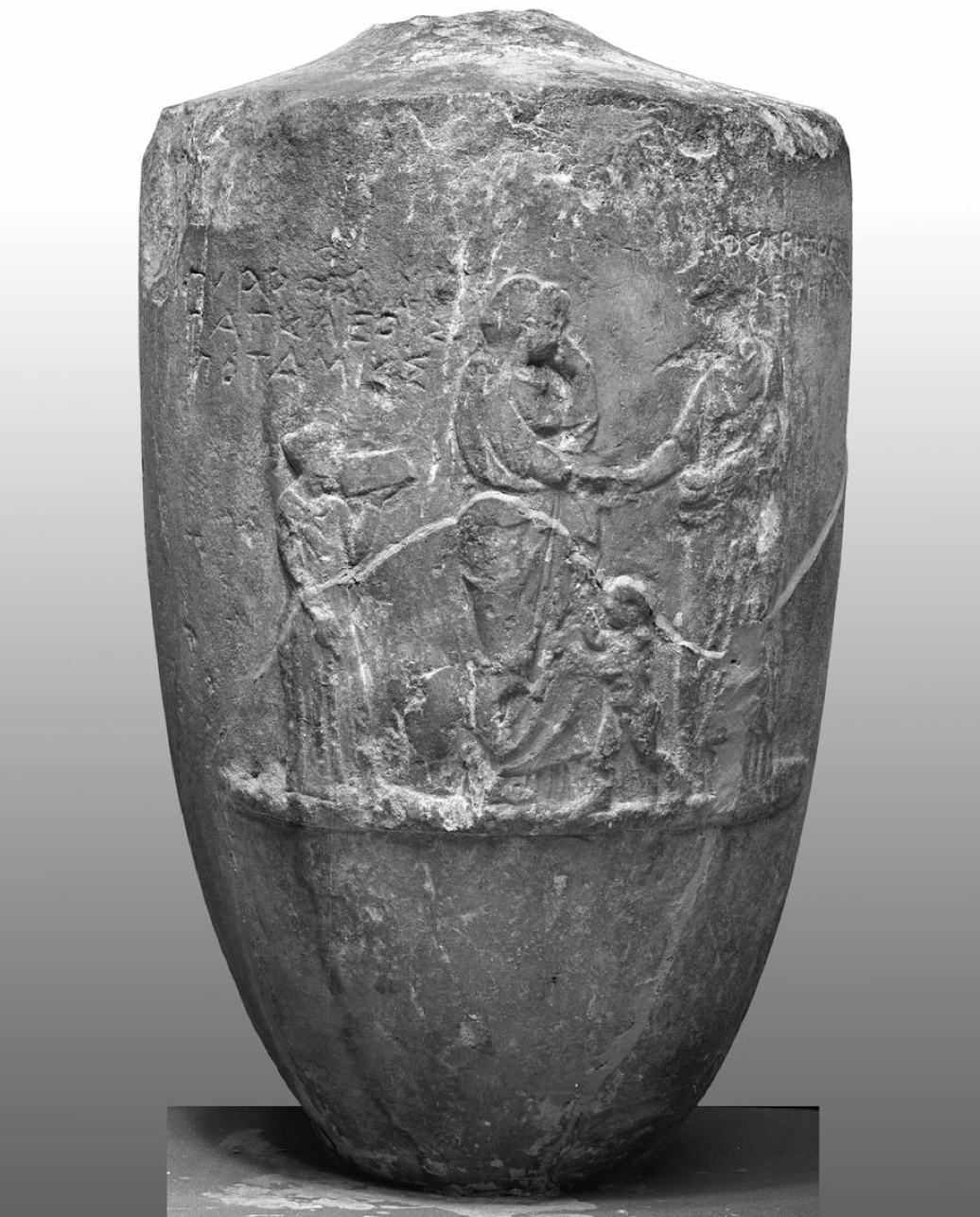
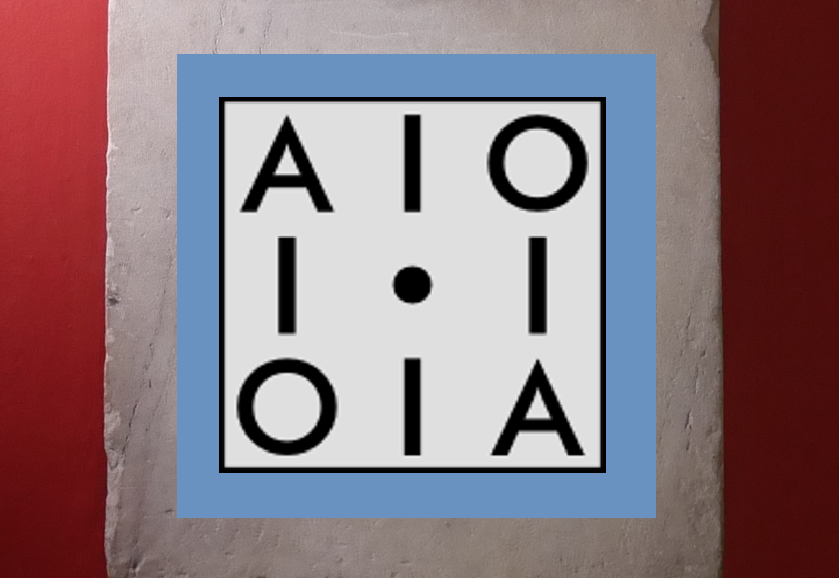
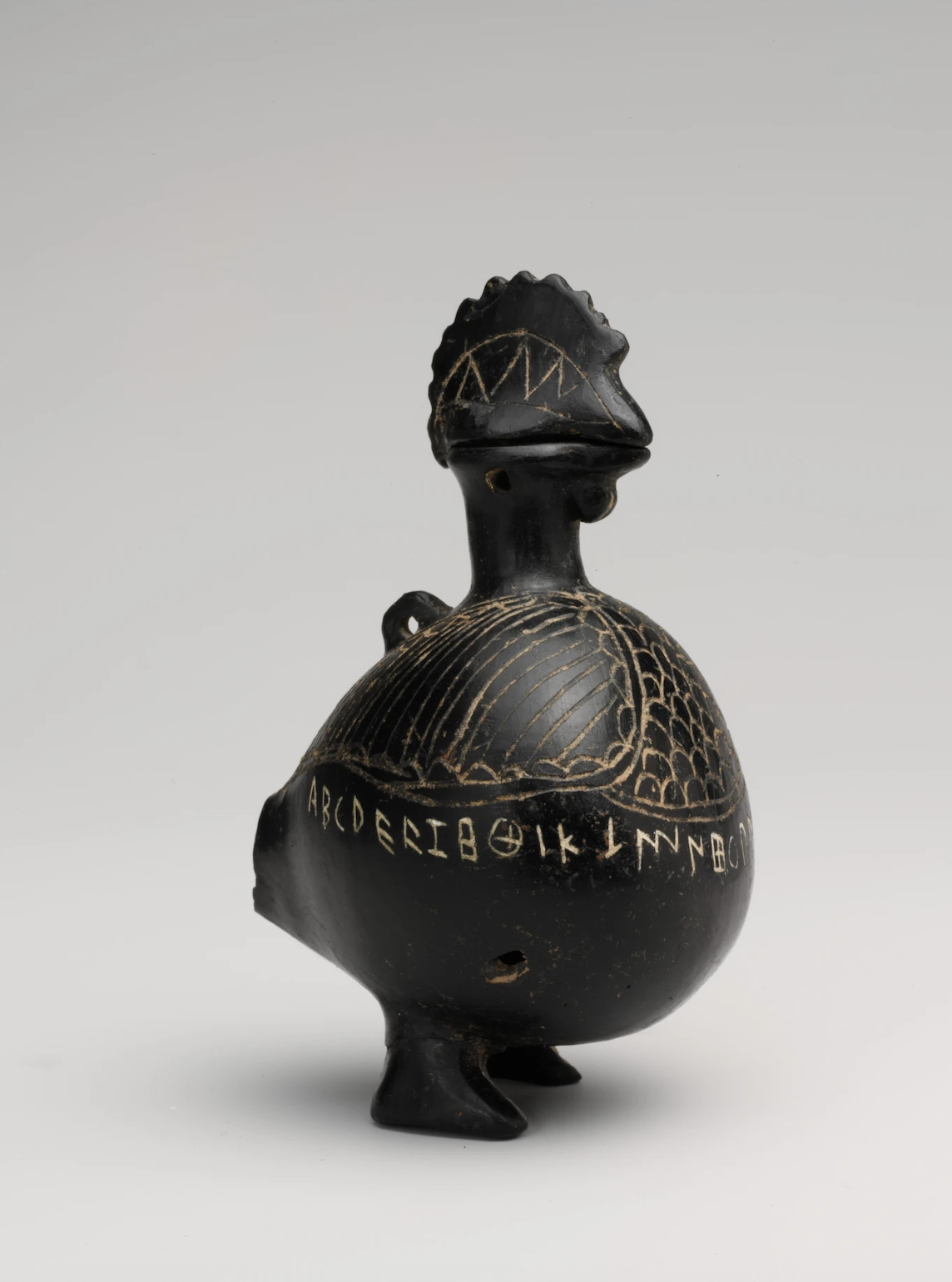
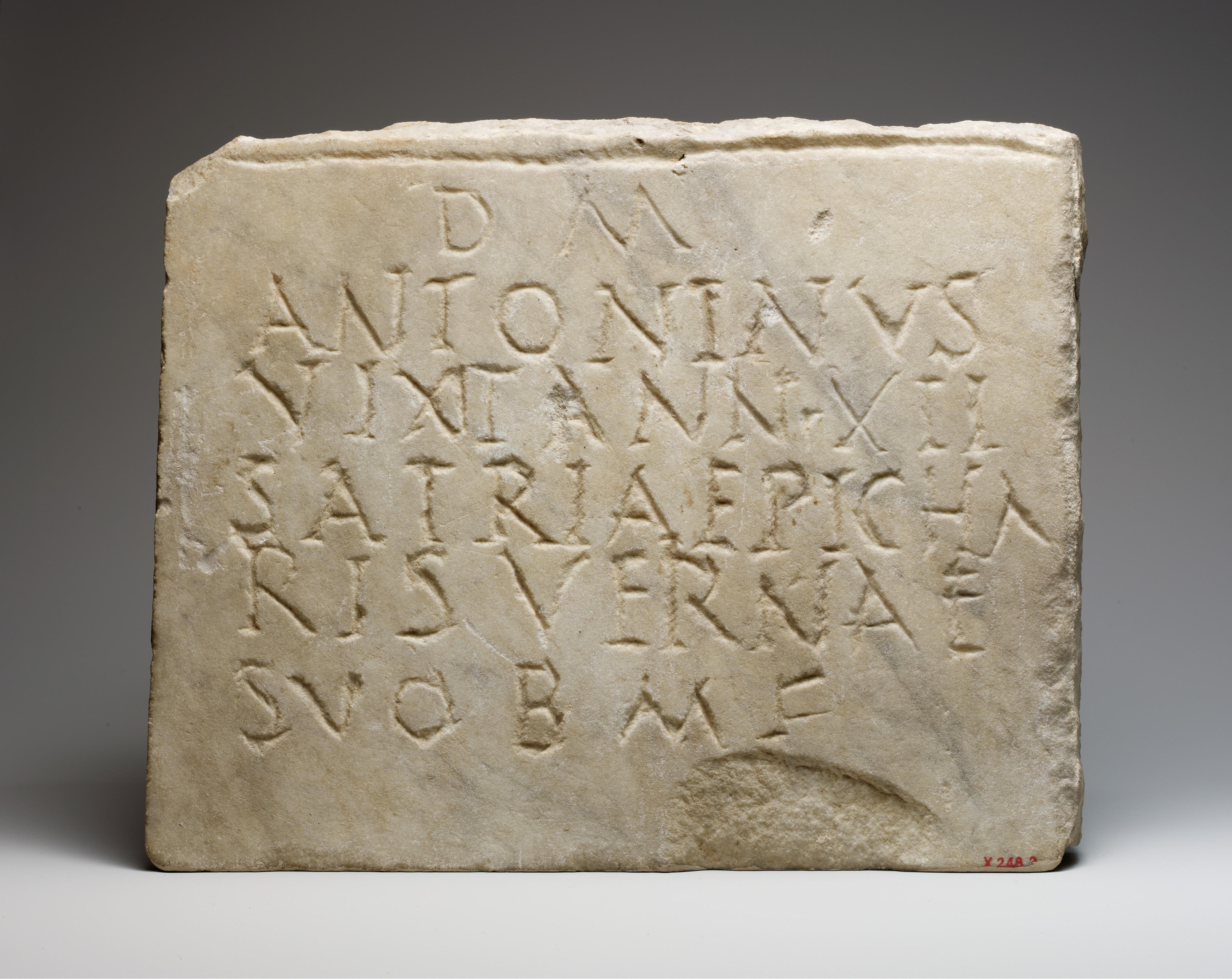
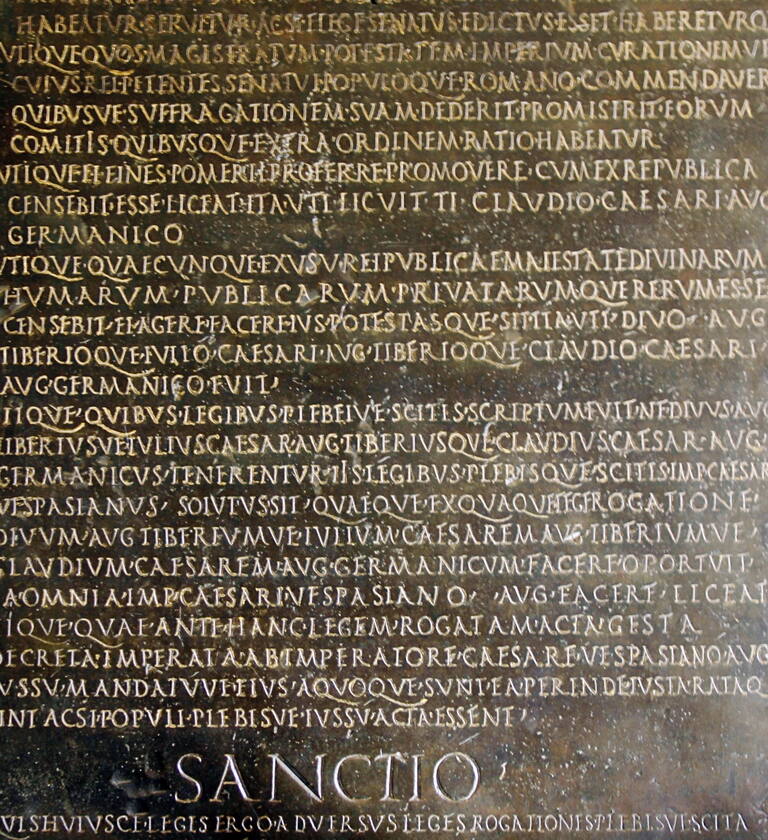
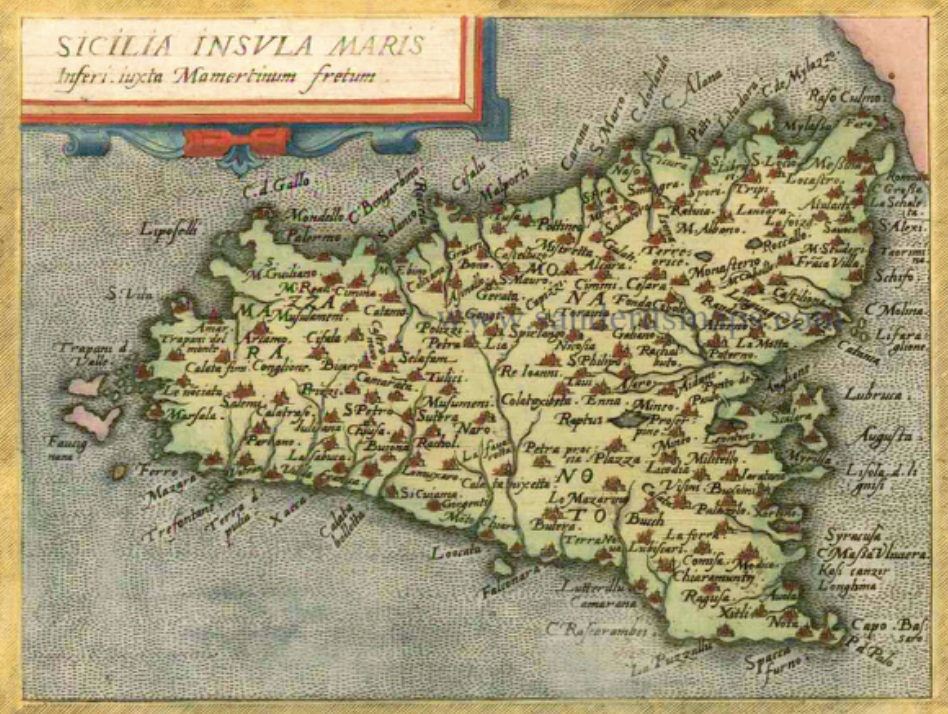
/prod01/prodbucket01/media/durham-university/departments-/classics-and-ancient-history/staff-images/barron.jpg)
/prod01/prodbucket01/media/durham-university/departments-/classics-and-ancient-history/staff-images/de-lisle.jpg)
/prod01/prodbucket01/media/durham-university/departments-/classics-and-ancient-history/staff-images/judson.jpg)
/prod01/prodbucket01/media/durham-university/departments-/classics-and-ancient-history/staff-images/kazier.jpg)
/prod01/prodbucket01/media/durham-university/departments-/classics-and-ancient-history/staff-images/low.jpg)
/prod01/prodbucket01/media/durham-university/departments-/classics-and-ancient-history/staff-images/mcdonald.jpg)
/prod01/prodbucket01/media/durham-university/departments-/classics-and-ancient-history/staff-images/rigolio.jpg)
/prod01/prodbucket01/media/durham-university/departments-/classics-and-ancient-history/staff-images/Sommerschield.jpg)
/prod01/prodbucket01/media/durham-university/departments-/classics-and-ancient-history/staff-images/thomas.jpg)

/prod01/prodbucket01/media/durham-university/research-/research-institutes/institute-for-medical-humanities/books-2241631_1280.jpg)
/prod01/prodbucket01/media/durham-university/departments-/classics-and-ancient-history/Classics1611Jun-05-2023.jpg)

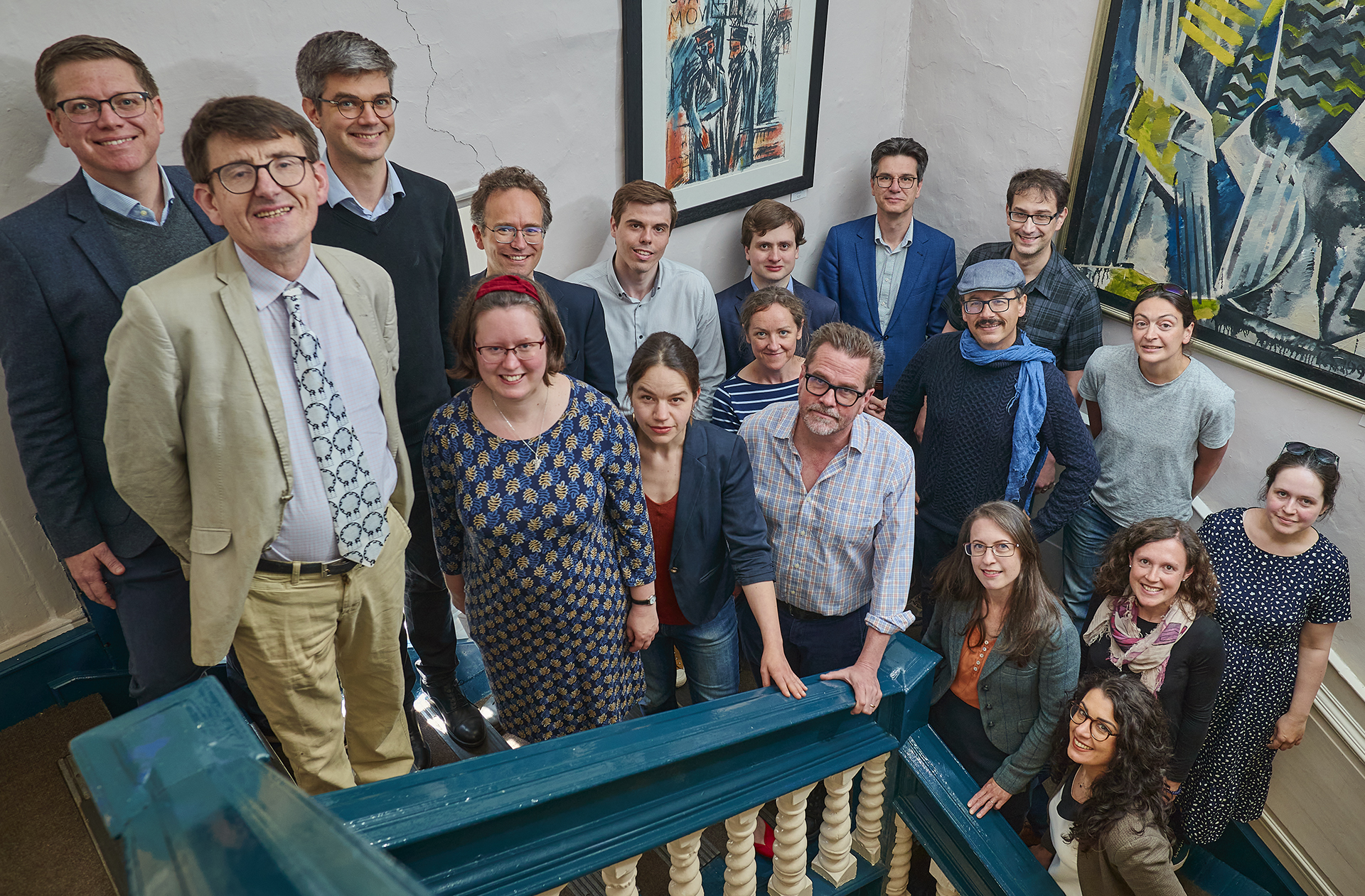
/prod01/prodbucket01/media/durham-university-business-school/Durham-Cathedral-drone-shot-.png)
/prod01/prodbucket01/media/durham-university/departments-/classics-and-ancient-history/59377.jpg)
